Contents
Introduction
Sigmund Freud, an Austrian neurologist, is widely recognized as the founding father of psychoanalysis. His work in the late 19th and early 20th centuries revolutionized the understanding of human psychology and the treatment of mental disorders.
Freud developed groundbreaking theories on the unconscious mind, dream analysis, and the mechanisms of repression, which continue to influence contemporary psychology. Freud’s ideas, though controversial and often criticized for lacking scientific basis, have profoundly influenced psychology, psychiatry, and popular culture. His work continues to be a subject of study and debate, shaping modern understandings of human behavior and the mind.
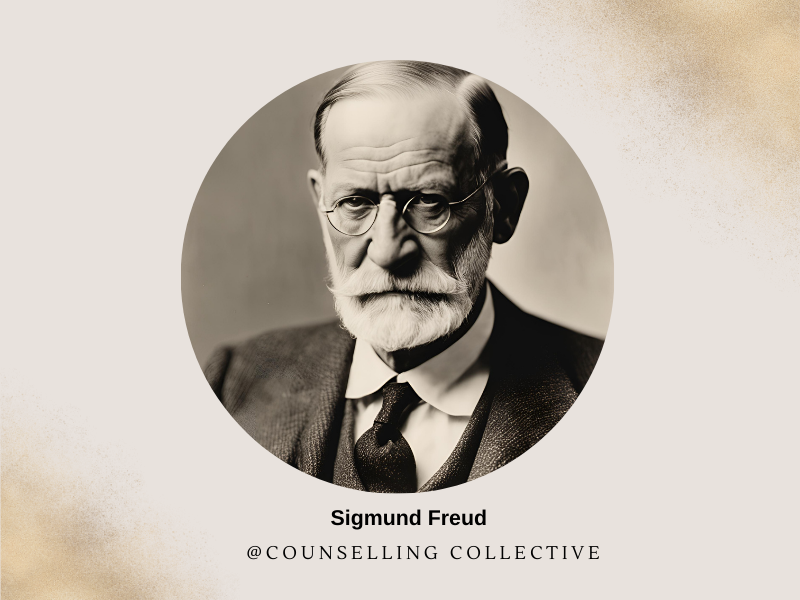
In this article, we will explore Freud’s early life and education, personal life, career, and major contributions. We will also examine his impact on psychology, famous patients, influence on other psychologists, and his enduring legacy.
Explore more psychologists here
Life and Education
Freud was the eldest of eight children in a Jewish family. His father, Jakob Freud, was a wool merchant, and his mother, Amalia, was Jakob’s third wife. The family moved to Vienna, Austria, when Freud was four years old, where he would spend most of his life.
Freud maintained a close-knit family life and was known to be a devoted husband and father. His daughter, Anna Freud, followed in his footsteps and became a prominent psychoanalyst.
Image source: Wonderful mind
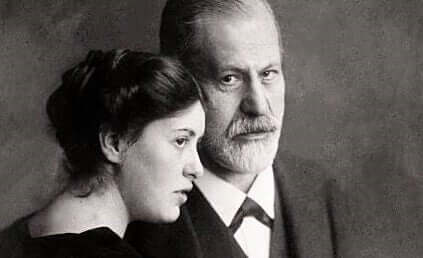
Sigmund Freud was born on May 6, 1856, in Freiberg, Moravia, and showed early academic promise despite his family’s financial hardships.
- Freud’s early child hood included financial hardships. He was from Jewish family and was eldest of eight siblings.
- Childhood Environment: The family moved to Vienna when Freud was four years old, where he would spend most of his life. Freud grew up in a modest but intellectually stimulating household, with his parents placing a high value on education.
- Education: Freud was an exceptional student, demonstrating early talent in languages, science, and philosophy.
- Early Career and Influences: During his medical studies, Freud worked under prominent figures such as Ernst Brücke and Theodor Meynert, who influenced his early scientific work. He also began research on the effects of cocaine, which he initially believed had potential therapeutic benefits.
Freud’s personal life was also marked by health struggles. He was a lifelong smoker, which led to a battle with mouth cancer in his later years. After fleeing the Nazi annexation of Austria in 1938, Freud spent his final years in London, England, where he died on September 23, 1939.
Freud married Martha Bernays in 1886, and together they had six children: Mathilde (1887), Jean-Martin (1889), Oliver (1891), Ernst (1892), Sophie (1893), and Anna (1895).
Freud was an avid reader with a broad interest in literature and philosophy, a deep appreciation for art, and enjoyed classical music and long walks in nature.
Educational Background and Early Influences
| Aspect | Details |
| Early Education (Student) | Attended Leopoldstädter Kommunal-Realgymnasium, excelled in languages and natural sciences, graduated summa cum laude. |
| University of Vienna (Institution) | Entered at 17 in 1873, initially studied law, switched to medicine, received a broad education in anatomy, physiology, and biology. |
| Franz Brentano (Mentor) | Philosopher and psychologist mentor, introduced Freud to philosophy and psychology, influenced ideas about the mind’s intentionality and consciousness. |
| Ernst Brücke (Mentor) | Prominent physiologist mentor, emphasized scientific rigor and physiological basis of mental processes, shaped Freud’s research approach. |
| Medical Degree (Graduate) | Received in 1881, focused more on research than traditional medical practice. |
| Vienna General Hospital | Conducted research on cerebral anatomy and aphasia, worked in clinical settings, gained practical experience in neurology and psychology. |
| Jean-Martin Charcot | Studied under Charcot in Paris, learned about hysteria and hypnosis, which influenced his theories on the unconscious. |
| Private Practice | Set up in Vienna, specialized in neurological and psychological disorders, collaborated with Josef Breuer on hysteria cases. |
Theories & Experiments Introduced by Freud
Sigmund Freud was a notable figure in the history of psychology with major contributions towards psychoanalysis. He laid foundations for future psychological works like object relations, psychodynamics and eventually inspired the humanistic perspective in psychology.
image source: Getty images / Library of congress
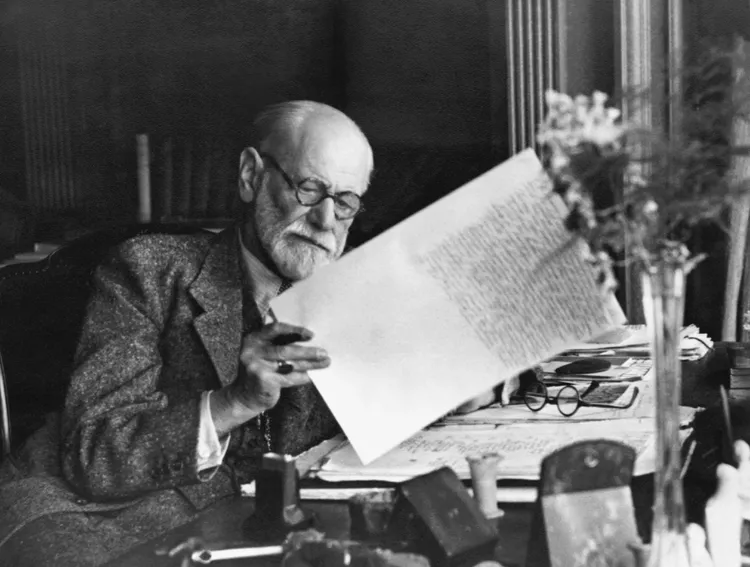
Following table lists down the major concepts coined by Freud:
| Theory/Concept | Description |
| The Unconscious Mind | Proposed that much of human behavior is influenced by unconscious processes, including repressed memories and desires. |
| Psychoanalytic Theory | Developed psychoanalysis, a method for exploring the unconscious through techniques like free association and dream analysis. |
| Dream Analysis | Suggested that dreams reveal unconscious desires and conflicts, as detailed in “The Interpretation of Dreams” (1900). |
| Psychosexual Stages of Development | Proposed that personality develops through stages (oral, anal, phallic, latency, and genital), with early experiences shaping adult personality. |
| Oedipus Complex | Described a child’s unconscious desire for the opposite-sex parent and rivalry with the same-sex parent during the phallic stage. |
| Defense Mechanisms | Identified mechanisms such as repression, denial, and projection, which individuals use to cope with anxiety and internal conflicts. |
| Id, Ego, and Superego | Introduced a structural model of the psyche: the id (primitive desires), ego (rational mediator), and superego (moral standards). |
| Transference and Countertransference | Concepts describing how patients project feelings onto therapists (transference) and how therapists project their own feelings (countertransference). |
Freud’s work was so saturated in nature that it influenced the many aspects of society and psychology, some of which are listed below:
- Influence on Psychotherapy: Developed techniques such as free association and transference, which remain foundational in modern psychotherapeutic practices.
- Cultural Impact: Freud’s theories influenced not only psychology but also literature, art, and cultural studies, shaping modern perspectives on human nature and society.
- Academic Institutions: Founded the Psychoanalytic Society in Vienna and helped establish psychoanalytic training and research institutions, promoting the development of psychoanalysis as a scientific discipline.
7 Notable Experiments and Studies by Sigmund Freud
| Patient / Theory Details | Details | Significance |
| Anna O. (1895) Bertha Pappenheim, treated by Freud and Breuer. | Used hypnosis and the “talking cure” to address repressed emotions. | Key in developing Freud’s theories on the unconscious and talk therapy. |
| The Interpretation of Dreams (1900) Freud’s self-analysis and clinical observations. | Dreams as manifestations of unconscious desires and conflicts. | Established the foundation for dream analysis in psychoanalysis. |
| The Little Hans Case (1909) A young boy with a horse phobia. | Analyzed fears through the Oedipus complex and parental relationships. | Supported Freud’s theories on psychosexual development and early experiences. |
| Studies on Hysteria (1895) Work with Breuer published in “Studies on Hysteria.” | Treatment of hysteria using hypnosis and verbal expression. | Pivotal in Freud’s theories on repressed memories and talk therapy. |
| The Ego and the Id (1923) Freud’s work on the psyche’s structure. | Introduced the id, ego, and superego model. | Provided a framework for understanding personality and behavior. |
| Case of Dora (1905) Young woman with hysteria, treated by Freud. | Stages (oral, anal, phallic, latency, genital) of personality development. | Highlighted the impact of early childhood on adult personality. |
| Psychosexual Stages of Development Proposed in “Three Essays” | Analyzed symptoms, family dynamics, and sexual experiences. | Insight into Freud’s approach to psychoanalytic therapy and transference. |
Famous Books and Publications
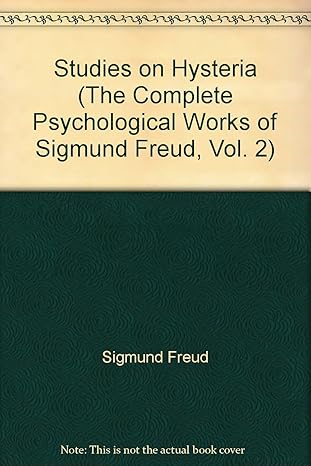
Studies on Hysteria by Freud (1895)
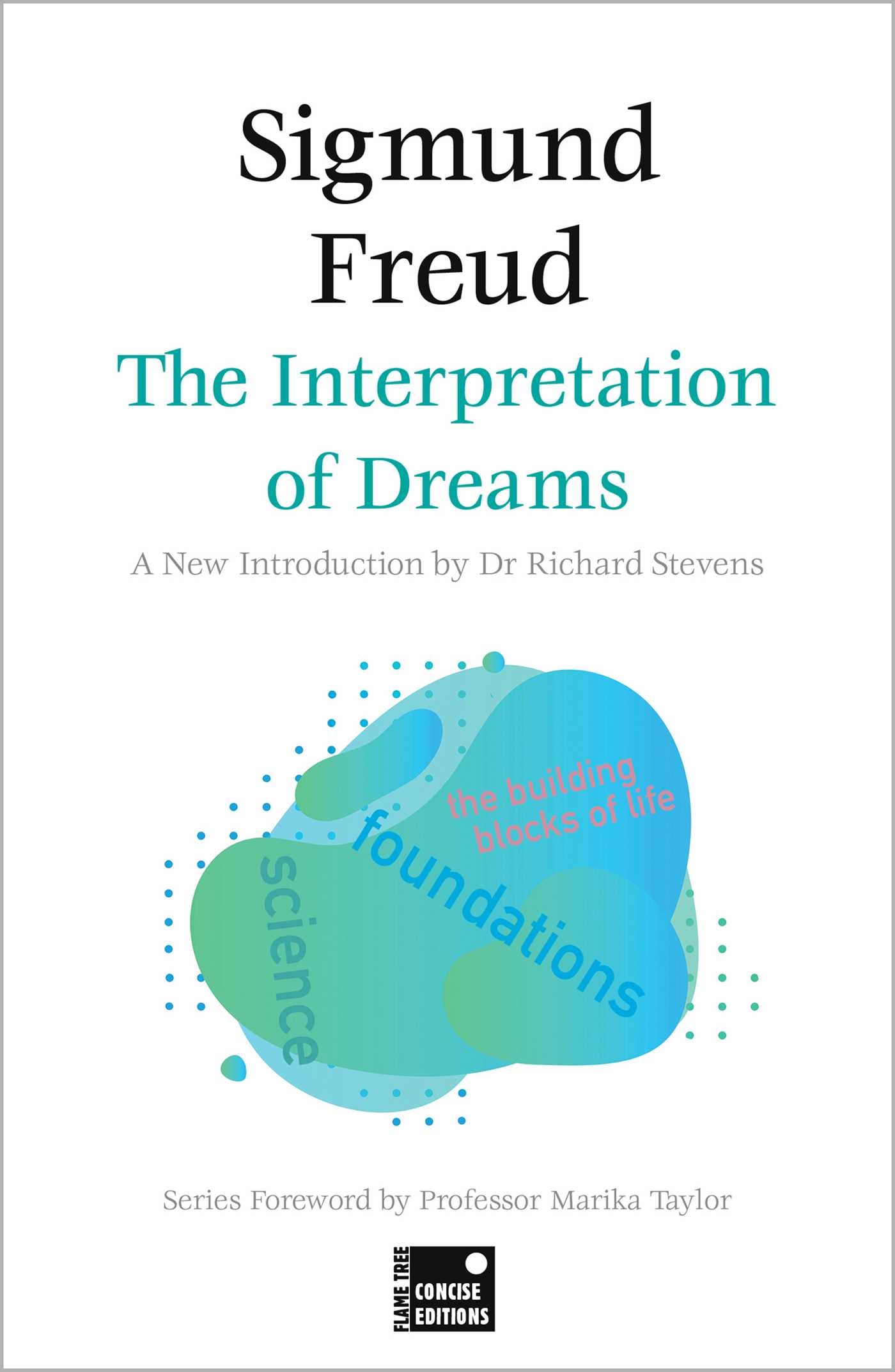
The Interpretation of Dreams (1900)
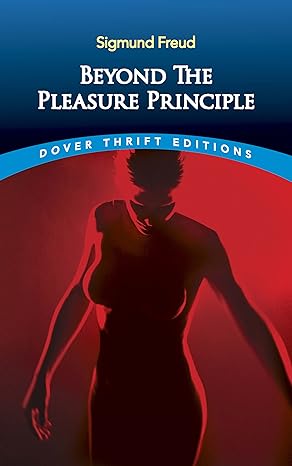
Beyond the Pleasure Principle (1920)
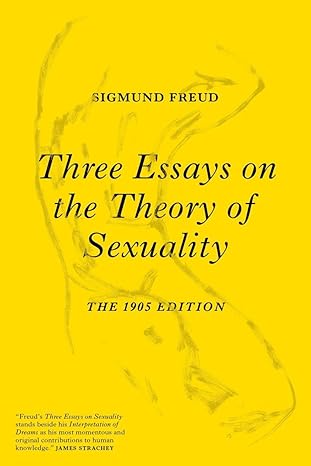
Three Essays on the Theory of Sexuality (1905)
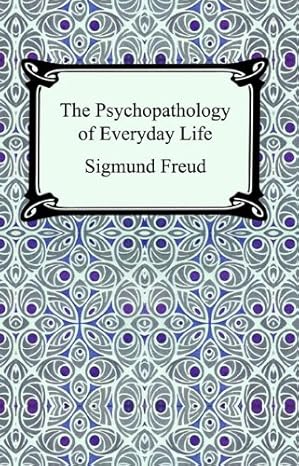
The Psychopathology of Everyday Life (1901)
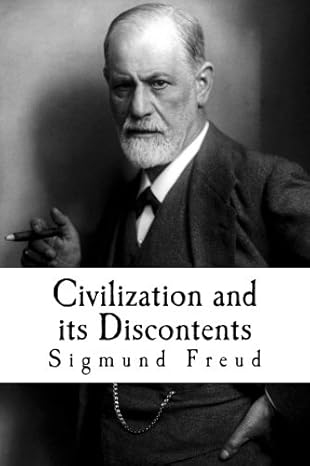
Civilization and Its Discontents (1930)
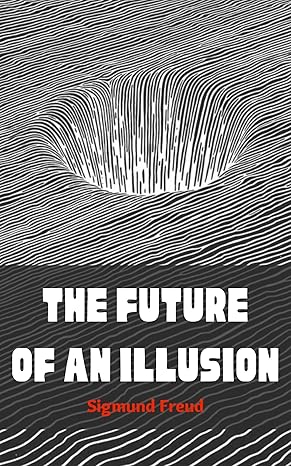
The Future of an Illusion by Sigmund Freud (1927)
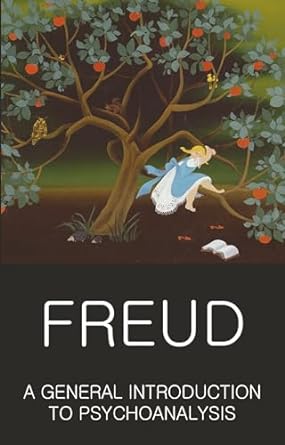
Introduction to Psychoanalysis (1917)
Influence on Contemporary and Future Psychological Research
- Foundation for Psychotherapy: Freud’s development of psychoanalysis established the groundwork for various psychotherapeutic techniques and therapies used today, including psychodynamic therapy.
- Exploration of the Unconscious Mind: His emphasis on the unconscious mind continues to influence research into the role of unconscious processes in behavior, cognition, and emotion.
- Concepts of Defense Mechanisms: Freud’s identification of defense mechanisms like repression and denial remains integral to understanding how individuals cope with anxiety and internal conflicts.
- Developmental Psychology: His theory of psychosexual stages laid the foundation for subsequent research into developmental psychology, particularly in understanding the impact of early childhood experiences on adult personality.
- Influence on Cultural Studies: Freud’s ideas have extended beyond psychology into literature, art, and cultural studies, shaping interpretations of human behavior and creativity.
- Critique and Evolution: While some of Freud’s theories have been revised or contested, they have stimulated ongoing debate and refinement in psychological theory and practice.
- Continued Research: Contemporary researchers build on and critique Freud’s work, exploring new dimensions of the unconscious, personality development, and therapeutic techniques.
Psychologists Influenced by Freud’s Work
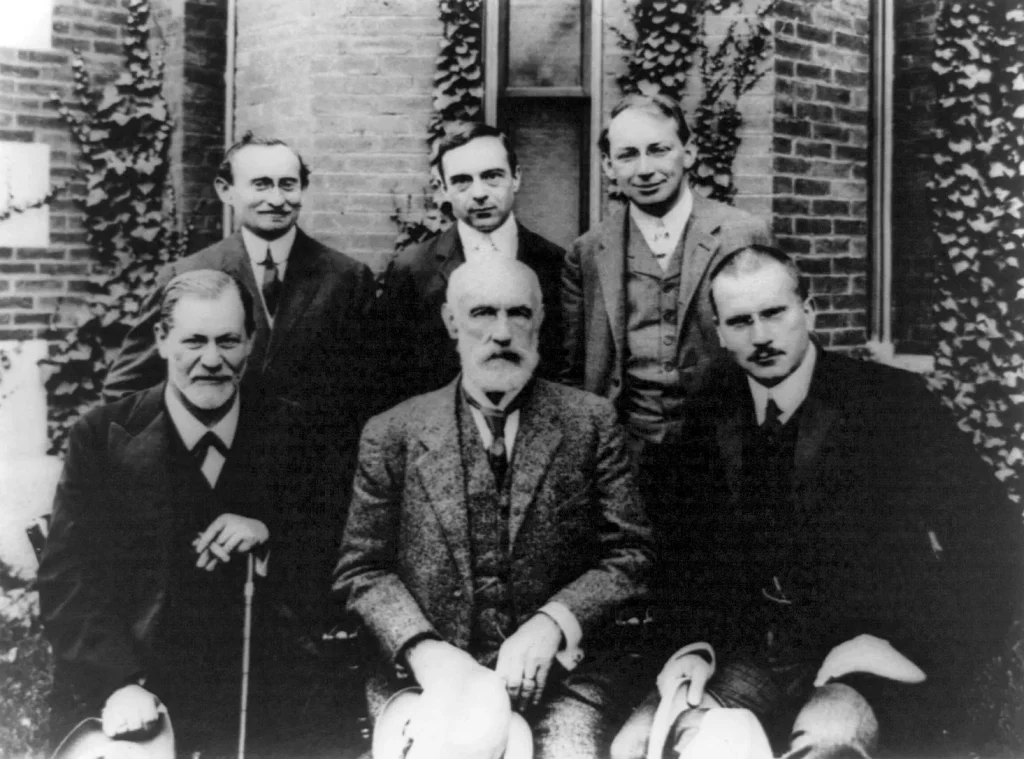
- Carl Jung: Initially a close collaborator of Freud, Jung developed analytical psychology, incorporating concepts like the collective unconscious and archetypes, while diverging from Freud’s emphasis on sexual drives.
- Alfred Adler: A contemporary of Freud, Adler founded individual psychology, focusing on inferiority complexes and social factors, differing from Freud’s psychosexual focus.
- Anna Freud: Freud’s daughter, who extended his theories and developed child psychoanalysis, applying psychoanalytic principles to the understanding of child development and treatment.
- Melanie Klein: Expanded on Freud’s ideas with her work on object relations theory, exploring early relationships and their impact on personality and psychological development.
- Erik Erikson: Known for his psychosocial stages of development, Erikson built on Freud’s ideas by emphasizing social and cultural influences throughout the lifespan.
- John Bowlby: Developed attachment theory, which, while distinct from Freud’s theories, was influenced by his ideas on early relationships and their impact on psychological development.
Legacy of Sigmund Freud
- Founding Psychoanalysis: Established psychoanalysis, a groundbreaking approach to understanding the unconscious mind, dreams, and early childhood experiences.
- Influence on Psychology: Introduced key concepts such as the id, ego, and superego, significantly shaping the field of psychology and influencing various therapeutic practices.
- Impact on Literature and Art: His theories inspired a wide range of literary and artistic works, influencing modern literature, art, and cultural analysis.
- Development of Clinical Techniques: Pioneered techniques such as free association and transference, which remain central in psychotherapeutic practices.
- Controversial Theories: Although controversial, his ideas on sexuality, repression, and neurosis sparked extensive debate and further research in both psychology and cultural studies.
Conclusion
Sigmund Freud’s pioneering work established psychoanalysis as a foundational element of modern psychology, profoundly influencing our understanding of the unconscious mind, dreams, and personality development.
Despite criticism and evolving perspectives, his theories remain integral to psychotherapy and continue to shape research across various disciplines. Freud’s legacy endures through his substantial impact on psychological theory, cultural studies, and clinical practice, affirming his status as a seminal figure in the exploration of human behavior.
FAQs
What is Sigmund Freud best known for?
Sigmund Freud is best known for founding psychoanalysis, a method for treating mental disorders and exploring the unconscious mind. His theories on the unconscious, dream analysis, and psychosexual development have greatly influenced psychology.
What were Sigmund Freud’s main contributions to psychology?
Freud’s main contributions include the development of psychoanalysis, the theory of the unconscious mind, and the concepts of the id, ego, and superego. He also introduced dream analysis and defense mechanisms like repression.
What was Sigmund Freud’s educational background?
Freud studied at the University of Vienna, earning his medical degree in 1881. He was influenced by his mentors, Franz Brentano and Ernst Brücke, and studied hysteria and hypnosis under Jean-Martin Charcot in Paris.
How has Freud’s work impacted modern psychology?
Freud’s work introduced the importance of the unconscious mind and early childhood experiences in shaping personality. His development of psychoanalytic therapy laid the foundation for many modern psychotherapeutic techniques. Despite some criticism, his ideas continue to influence psychology and psychotherapy.
Bibliography
- [1] Breuer, J., & Freud, S. (1895). Studies on Hysteria. New York, NY: Basic Books.
- [2] Freud, S. (1900). The Interpretation of Dreams. New York, NY: Macmillan.
- [3] Freud, S. (1901). The Psychopathology of Everyday Life. New York, NY: Basic Books.
- [4] Freud, S. (1905). Three Essays on the Theory of Sexuality. New York, NY: Basic Books.
- [5] Freud, S. (1920). Beyond the Pleasure Principle. New York, NY: Liveright.
- [6] Freud, S. (1923). The Ego and the Id. New York, NY: W.W. Norton & Company.
- [7] Freud, S. (1930). Civilization and Its Discontents. New York, NY: W.W. Norton & Company.
- [8] Gay, P. (1988). Freud: A Life for Our Time. New York, NY: W.W. Norton & Company.
- [9] Jones, E. (1953). The Life and Work of Sigmund Freud. New York, NY: Basic Books.
- [10] McLeod, S. (2019). Sigmund Freud’s theories. Simply Psychology. Retrieved from






